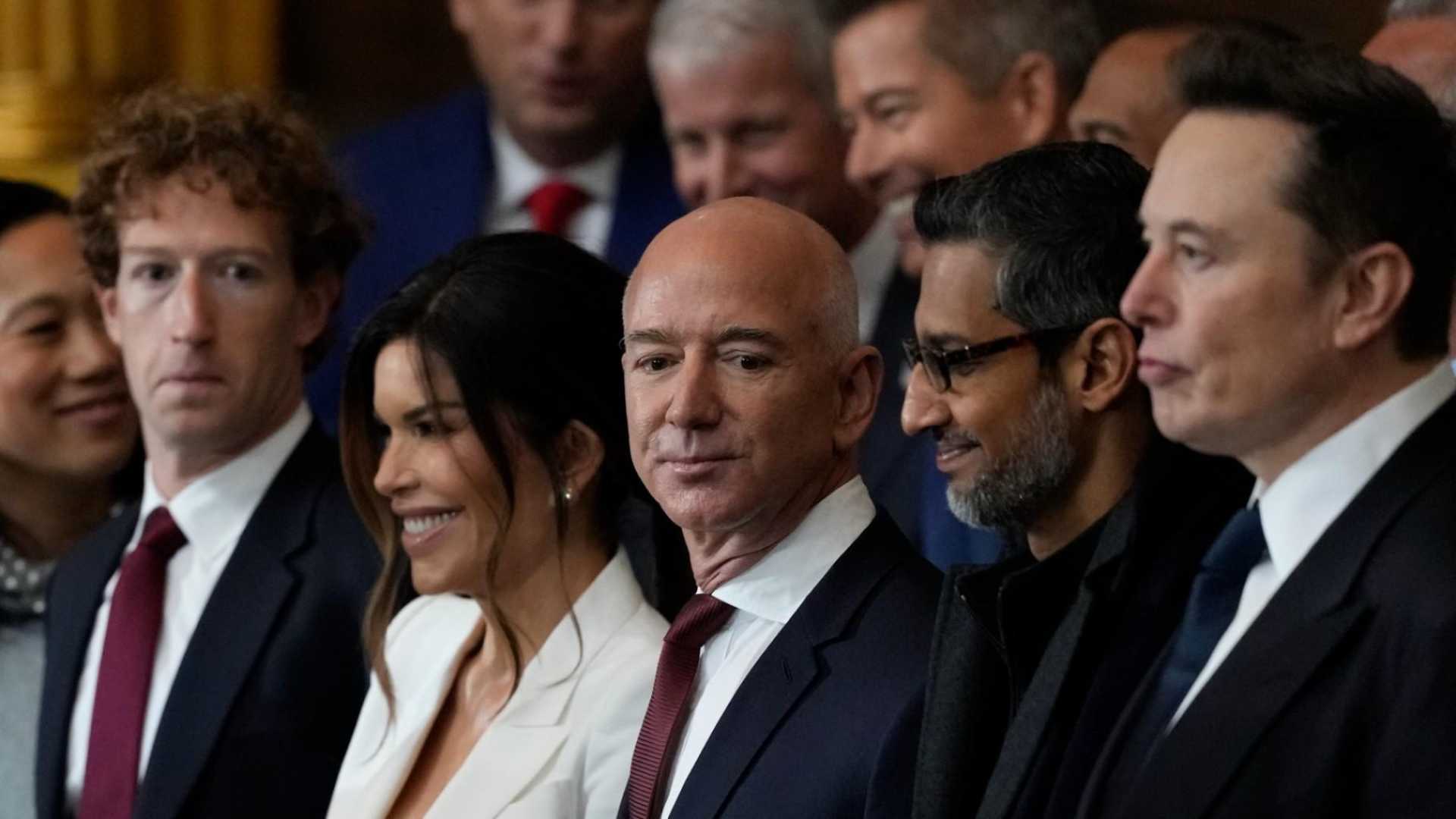Business
Tech Titans Shift Political Alliances Amid Growing Controversies

NEW YORK, N.Y. — The political landscape among prominent tech billionaires is evolving as figures like Marc Andreessen and Elon Musk align increasingly with right-leaning ideologies, leaning away from traditional Democratic support. This shift comes as they express discontent with modern liberalism and an emboldened skepticism toward regulations certain to affect their industries.
In a recent interview on The New York Times‘ podcast, Andreessen, a Netscape co-founder, lamented the pressures from socially conscious media and college activists. He suggested that between 2016 and 2020, government actions under former Secretary of State Hillary Clinton had radicalized a segment of the population. Although his remarks left listeners perplexed, they signal an alarming trend where tech elites express paranoia about threats to their businesses.
Andreessen is not alone; there is a cohort of tech billionaires like Peter Thiel and Elon Musk who are increasingly vocal against perceived liberal excesses. Thiel’s critiques of multiculturalism in the late 1990s laid the groundwork for this contemporary rightward shift, while Musk’s erratic engagements in political discussions have made him a polarizing figure.
Greenwald and Taibbi exemplify this shift. Greenwald emerged after exposing classified NSA documents leaked by Edward Snowden, gaining fame in civil liberties circles. Taibbi gained notoriety with incisive critiques of financial institutions through his writing at Rolling Stone. Yet, both began to distance themselves from the left during the Trump administration, fueled by skepticism about media narratives such as the supposed Russian interference in the 2016 election.
As tech moguls increasingly embrace these controversial figures, they have also found kindred spirits among journalists disillusioned with mainstream media, eager to publish under alternative platforms funded by these billionaires. In his new book, “Owned












